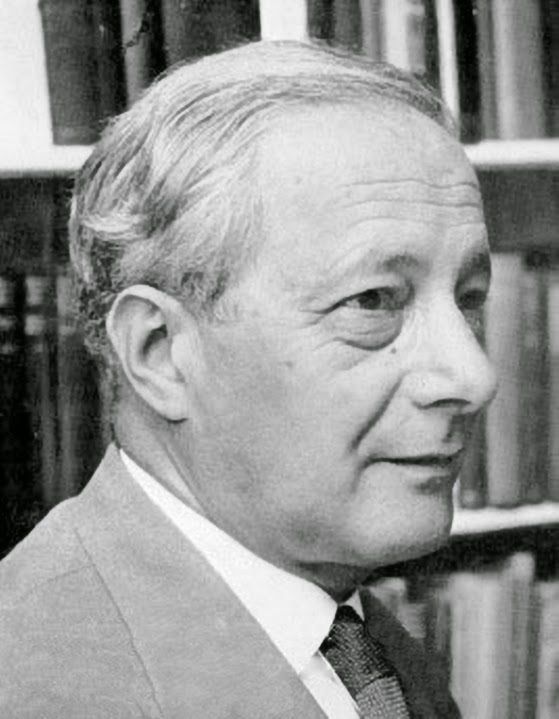 |
| Michael Polanyi was smarter than you. |
“One may say, indeed, quite generally, that a
theory which we acclaim as rational in itself is thereby accredited with
prophetic powers. We accept it in the hope of making contact with reality; so
that, being really true, our theory may yet show forth its truth through future
centuries in ways undreamed of by its authors. Some of the greatest scientific
discoveries of our age have been rightly described as the amazing confirmations
of accepted scientific theories. In this wholly indeterminate scope of its true
implications lies the deepest sense in which objectivity is attributed to a
scientific theory.” (Michael Polanyi, Personal Knowledge, Kindle 180)
Scientists value theories based on
their power to predict results in a laboratory. Newton’s theory of gravity was
valued because it was able to predict the motion of the planets. Einstein’s
theories were valued because they could predict results in cases where Newton’s
theories were insufficient.
Instead of theories about “how the universe works,” theologians
come up with descriptions of “who God is” and “how He works.” Often, these
descriptions are based on the Scriptures, though reason, history, and
experience play a role in the forming of theology.
But how often do we approach our
theology as a theory in need of justification by real-world predictive power,
as opposed to dogma alone? In other words, is it enough for a theology to have
Bible verses in support of it, or must good theology describe the world as it
actually is? Often we value theology solely on how many verses it can account
for; predictive power and correspondence with the real world are not part of
the equation.
Here’s an example: when I was in college and seminary, I was
taught a theology of sanctification that attempted to be wholly grace-based
with no room for human effort. (So far, so good.) But, if growth is wholly a result
of God’s grace, how do people change? I was taught that James 4:6 (ESV) was the
key: “God opposes the proud, but gives grace to the humble.” The key to growth,
therefore, was humility. In humbling ourselves before God and confessing our
inability to change, we open ourselves up to God’s grace and the power to
change.
Thus I was taught and thus I believed.
Until I was challenged to put this theology to the test in real
life. A counseling professor challenged me to pick something about myself that
I wanted to change, and to use my theology to change.
I did. It didn’t work. And it was the beginning of a theological
shift for me.




No comments:
Post a Comment